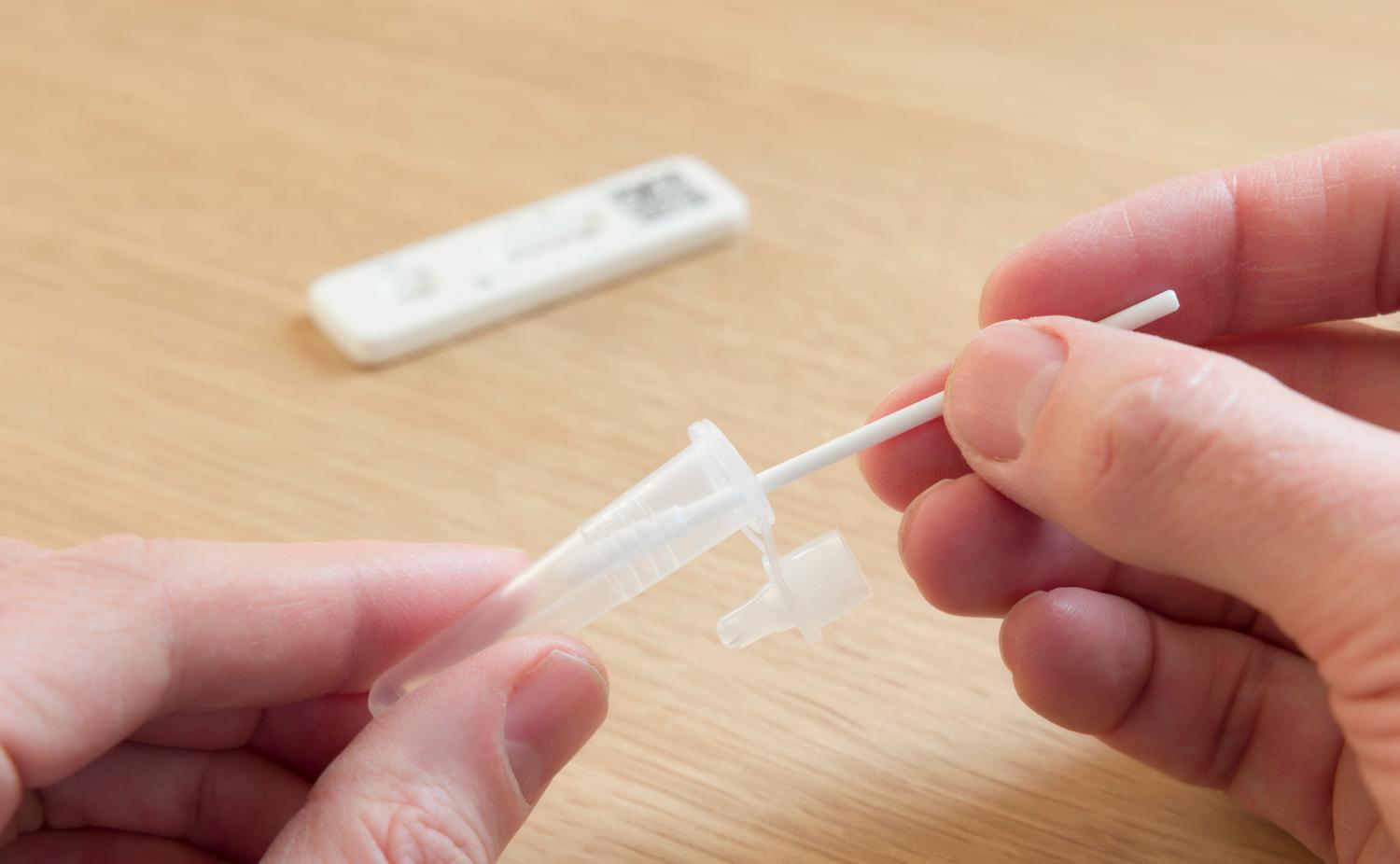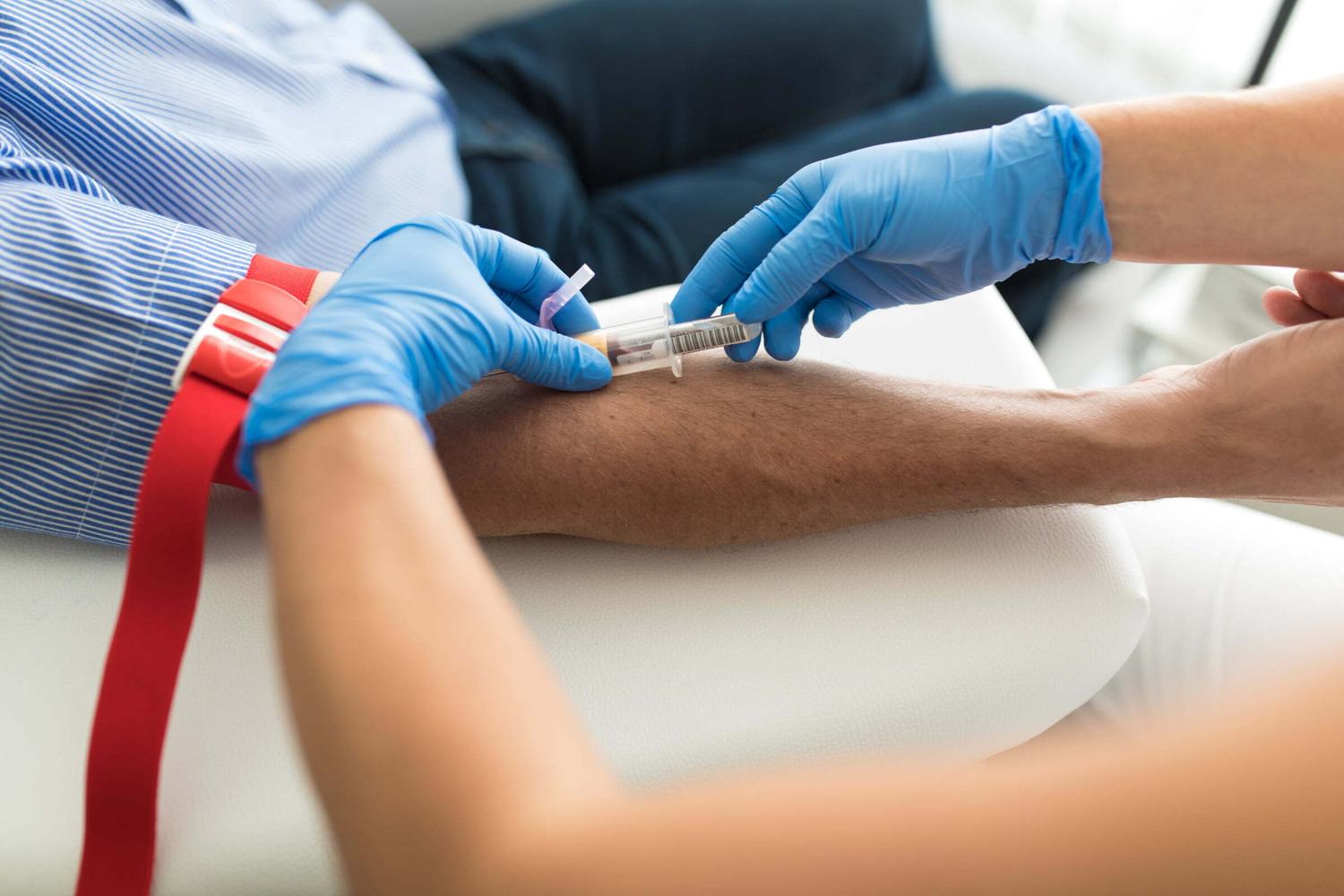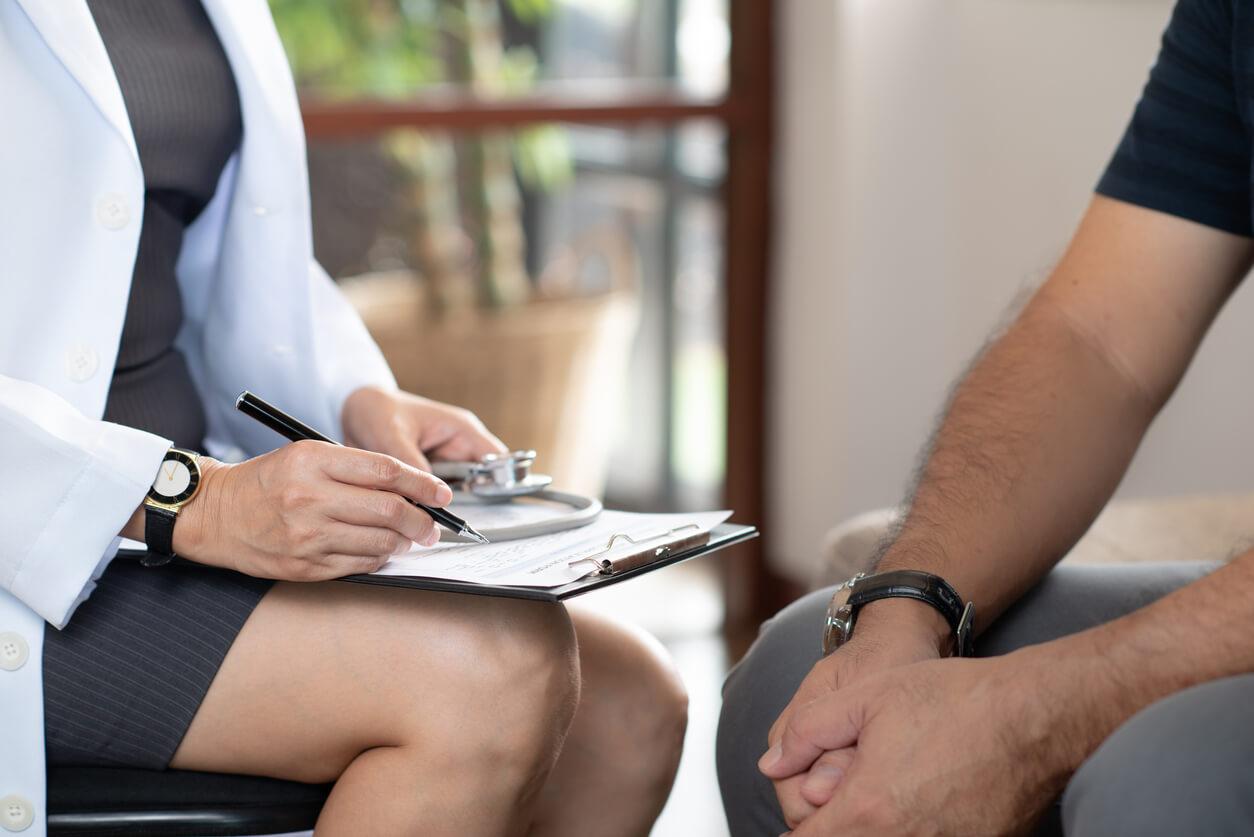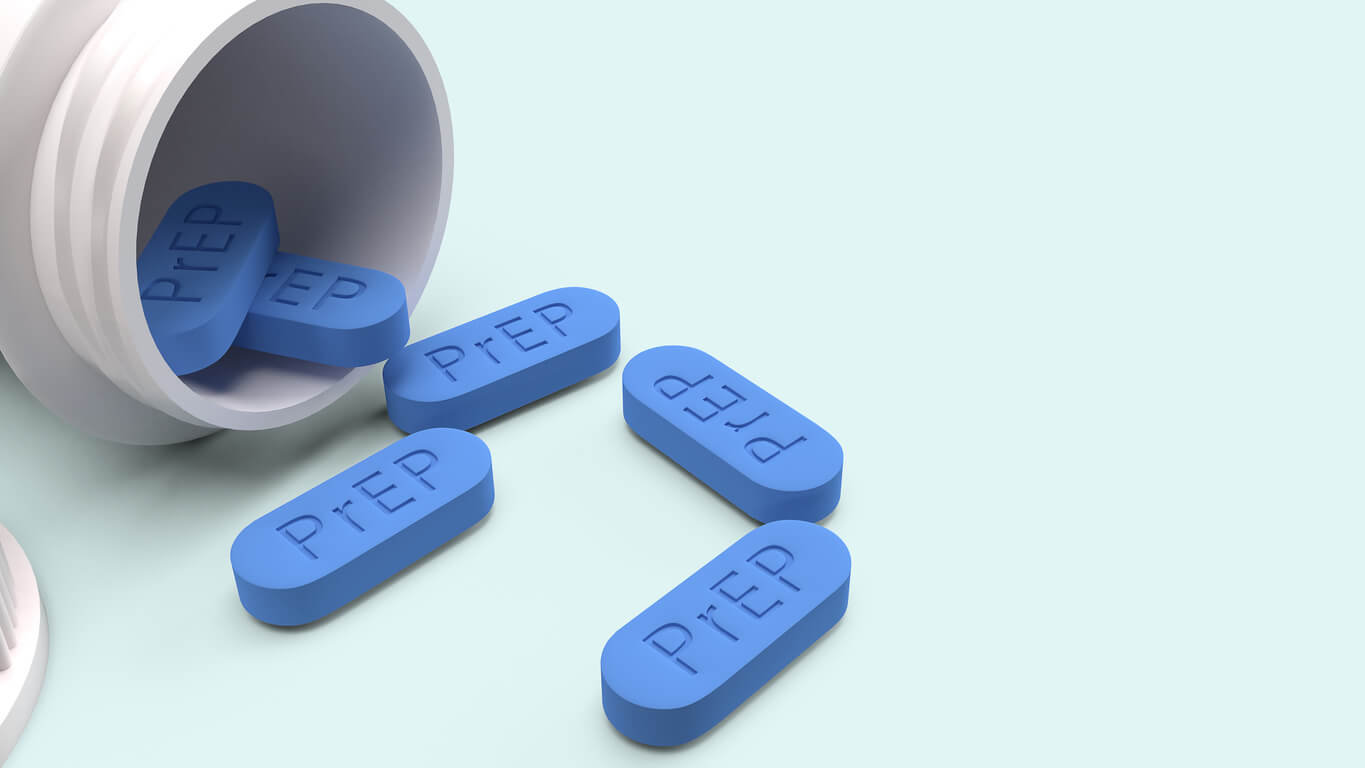When Should I Get Tested for STDs?
Understanding current STD testing recommendations
If you are sexually active, getting tested for sexually transmitted diseases (STDs) is crucial for keeping yourself and your sexual partners safe. Many STDs—also known as sexually transmitted infections or STIs—do not cause noticeable symptoms, especially in their early stages. This can mean that you may have an STD and not know it, making the need for testing that much more important.
This article will outline some basic guidelines regarding who should get tested for which STDs and when. It is important to note, though, that these are general guidelines. You should have an honest conversation with your healthcare provider about your health and sexual history, as well as your current sexual activity, to determine the best testing schedule for your needs.
NOTE: Gender and sexuality exist on a spectrum. In this article, we will use “men” and “women” to refer to an individual’s sex assigned at birth.
When to Get Tested for STDs
The following recommendations are based on the STI Screening Recommendations from the Centers for Disease Control and Prevention (CDC). These are general guidelines for the most common STDs. Talk to your healthcare provider about your sexual history and activity to determine the best testing schedule for you.
The table below lists STD testing recommendations for the following STDs:
- Chlamydia
- Gonorrhea
- Syphilis
- Genital herpes (also known as genital warts)
- Human immunodeficiency virus (HIV)
- Human papillomavirus (HPV)
- Hepatitis B
- Hepatitis C
The following guidelines are separated by age, sex (assigned at birth), and health conditions.
Sexually Active Women Under 25
| STD Name | Testing Schedule |
|---|---|
| Chlamydia | Annually |
| Gonorrhea | Annually |
| Syphilis | If you have an increased risk of infection, a provider may recommend screening for syphilis once a year. |
| Genital Herpes | Screen at the recommendation of your healthcare provider if you have symptoms. |
| HIV | All women under 25 should be screened for HIV at least once. If the individual has an increased risk of infection, providers may ask you to screen more often. |
| HPV | Women 21-29 years of age should be screened for HPV every 3 years. |
| Hepatitis B | If you have an increased risk of infection, a provider may recommend screening for hepatitis B once a year. |
| Hepatitis C | All adults over 18 should be screened for hepatitis C once a year, except in places where hepatitis C positivity is under .1%. |
Sexually Active Women Over 25
| STD Name | Testing Schedule |
|---|---|
| Chlamydia | Annually |
| Gonorrhea | Annually |
| Syphilis | Annually |
| Genital Herpes | Screen at the recommendation of your healthcare provider if you have symptoms. |
| HIV | All women over 25 should be screened for HIV at least once. If the individual has an increased risk of infection, they may be asked to screen more often. |
| HPV | Women 21-29 years of age and 30-65 years of age should be tested for HPV and cervical cancer every 3 years. |
| Hepatitis B | Women with an increased risk should be screened for hepatitis B annually. |
| Hepatitis C | All adults over 18 should be screened for hepatitis C once a year, except in places where hepatitis C positivity is under .1%. |
Pregnant Women
| STD Name | Testing Schedule |
|---|---|
| Chlamydia | All pregnant women should be screened for chlamydia during their first prenatal visit. Women at an increased risk should be screened again during the third trimester. |
| Gonorrhea | All pregnant women should be screened for syphilis during their first prenatal visit. Women at an increased risk should be screened again during the third trimester. |
| Syphilis | All pregnant women should be screened for syphilis during their first prenatal visit. Women at an increased risk should be screened again during the third trimester. |
| Genital Herpes | Screen at the recommendation of your healthcare provider. |
| HIV | All pregnant women should be screened for HIV during their first prenatal visit. Women at an increased risk should be screened again during the third trimester. |
| HPV | Screen at the recommendation of your healthcare provider. |
| Hepatitis B | Screen at the recommendation of your healthcare provider. |
| Hepatitis C | There are no screening recommendations for hepatitis C in pregnant women. |
Men Who Have Sex With Women
| STD Name | Testing Schedule |
|---|---|
| Chlamydia | Men with a high risk of infection should be screened once a year. |
| Gonorrhea | Men with a high risk of infection should be screened once a year. |
| Syphilis | Men with a high risk of infection should be screened once a year. |
| Genital Herpes | Screen at the recommendation of your healthcare provider if you have symptoms. |
| HIV | All men 13-64 years of age should be screened for HIV at least once. If the individual has an increased risk of infection, they may be asked to screen more often. |
| HPV | Screen at the recommendation of your healthcare provider. |
| Hepatitis B | Men with a high risk of infection should be screened once a year. |
| Hepatitis C | All adults over 18 should be screened for hepatitis C once a year, except in places where hepatitis C positivity is under .1%. |
Men Who Have Sex With Men
| STD Name | Testing Schedule |
|---|---|
| Chlamydia | Men should be at least once a year for chlamydia in areas of sexual contact (urethra, rectum, pharynx), even if they use condoms. Men with a high risk of infection should be tested every 3-6 months. |
| Gonorrhea | Men should be at least once a year for gonorrhea in areas of sexual contact (urethra, rectum, pharynx), even if they use condoms. Men with a high risk of infection should be tested every 3-6 months. |
| Syphilis | Men should be at least once a year for syphilis in areas of sexual contact (urethra, rectum, pharynx), even if they use condoms. Men with a high risk of infection should be tested every 3-6 months. |
| Genital Herpes | Screen at the recommendation of your healthcare provider if you have symptoms. |
| HIV | Men who have sex with men with an unknown or negative HIV status should be tested at least once a year. Talk to your healthcare provider about the benefits of more frequent screening. |
| HPV | Screen at the recommendation of your healthcare provider. |
| Hepatitis B | All men who have sex with men should be tested for hepatitis B at least once a year. |
| Hepatitis C | All adults over 18 should be screened for hepatitis C once a year, except in places where hepatitis C positivity is under .1%. |
Transgender and Gender-Diverse People
| STD Name | Testing Schedule |
|---|---|
| Chlamydia | Annual chlamydia screenings should be offered to all transgender men (a male who is assigned female at birth) and gender-diverse people with a cervix. People with a cervix who are older than 25 should screen every year if they are at increased risk of infection. |
| Gonorrhea | Annual gonorrhea screenings should be offered to all transgender men (a male who is assigned female at birth) and gender-diverse people with a cervix. People with a cervix who are older than 25 should screen every year if they are at increased risk of infection. Talk to your healthcare provider about your sexual behaviors and activity. They may consider pharyngeal and rectal screening if you have a history of oral sex or anal sex. |
| Syphilis | Talk to your healthcare provider about your sexual behaviors and activity. Depending on these factors, you may consider getting screened at least once a year. |
| Genital Herpes | Screen at the recommendation of your healthcare provider. |
| HIV | Annual HIV testing should be offered to all transgender and gender-diverse people. More frequent testing may be considered if there is an increased risk of infection. |
| HPV | Screen at the recommendation of your healthcare provider. |
| Hepatitis B | Screen at the recommendation of your healthcare provider. |
| Hepatitis C | All adults over 18 should be screened for hepatitis C once a year, except in places where hepatitis C positivity is under .1%. |
People With HIV
| STD Name | Testing Schedule |
|---|---|
| Chlamydia | If sexually active, screen at the first HIV evaluation. Screen at least once a year after that. Individuals at an increased risk of infection should be tested multiple times a year based on the healthcare provider’s recommendation. |
| Gonorrhea | If sexually active, screen at the first HIV evaluation. Screen at least once a year after that. Individuals at an increased risk of infection should be tested multiple times a year based on the healthcare provider’s recommendation. |
| Syphilis | If sexually active, screen at the first HIV evaluation. Screen at least once a year after that. Individuals at an increased risk of infection should be tested multiple times a year based on the healthcare provider’s recommendation. |
| Genital Herpes | Screen at the recommendation of your healthcare provider. |
| HPV | Screen at the recommendation of your healthcare provider. |
| Hepatitis B | Screen at the recommendation of your healthcare provider. |
| Hepatitis C | Screen at the recommendation of your healthcare provider. |
How Do I Know If I’m At An Increased Risk?
Risk factors for STDs vary depending on a person’s assigned sex, their gender identity, and their sexual activity. However, several risk factors leave you at a higher risk of getting an STD. These risk factors may mean that you need to be tested more often.
Risk factors that increase your risk of infection include:
- A history of unprotected sex (sex without a condom), especially in non-monogamous relationships
- Sex with a new partner
- Sex with multiple partners
- A history of incarceration
- Sex work
- A history of sharing injection drug equipment
- A history of living in adolescent centers, health clinics, or rehabilitation clinics
- A history of anal sex
- Living in an area with high rates of STDs
- Sex with a partner who has a known STD
This is not a complete list, but these are some of the most common risk factors for STDs. If you have one or more of these risk factors, talk to your provider about your sexual health and how often you should be screened for STDs.
What To Expect From an STD Test
STD testing is usually performed by your primary care provider or at a sexual health clinic (like Planned Parenthood).
Standard STD screening tests include:
- Urine test (from a urine sample)
- Cheek swabs/ discharge swabs
- Fluid sampling from sores
- Blood testing (from a drawn blood sample)
In most cases, you will get your test results within a day or two of your test. If the test is positive, your provider will schedule a follow-up appointment to discuss your results and the best treatment options.
You may have to retest for conditions like HIV, as it takes 2-3 weeks for antibodies to be produced after being exposed to the virus. Therefore, testing immediately after exposure may result in a false-negative test result. Your healthcare provider will tell you if you may need to retest.
There are also some at-home STD tests you can buy over the counter to check for an infection without going to see a doctor. However, STD treatment requires prescription medication. You will need to talk to a healthcare provider, even if you test yourself at home, to get a written prescription for treatment.
How Do I Know If I Have an STD?
STD testing is required to determine whether or not you have an STD. However, several common STD symptoms may be a sign that you are dealing with an infection.
These include:
- Burning or itching in the genitals
- Discharge from the genitals
- Pelvic pain
- Back pain
- Sores, blisters, or bumps around the genitals, mouth, or rectum
- Pain during sex (more common in people with a cervix)
- Frequent urge to urinate
This is not a complete list of all symptoms. In addition, many STDs don’t cause noticeable symptoms at first. Because of this, it is crucial for your health and the health of your partners to get tested if you can identify with one of the common risk factors listed above.
Practicing safe sex (i.e., using a condom during sexual activity) is one of the best ways to protect yourself from infection. However, even condom use does not totally prevent the risk of infection. Talking to your provider about STD/ STI testing will keep you informed about your sexual health while protecting the health of your partners.
How Sesame Can Help
Be proactive about your sexual health. If you have questions about sexually transmitted infections, book an online doctor’s appointment to speak to a licensed healthcare provider today. If you want to get tested, Sesame offers low-cost, at-home chlamydia, gonorrhea, syphilis, and HIV testing kits powered by Ash for both males and females. These kits are delivered in discreet packaging within 3 days of ordering. Return shipping is included in the price of the test. Your test results will be delivered to you via a confidential patient portal.









